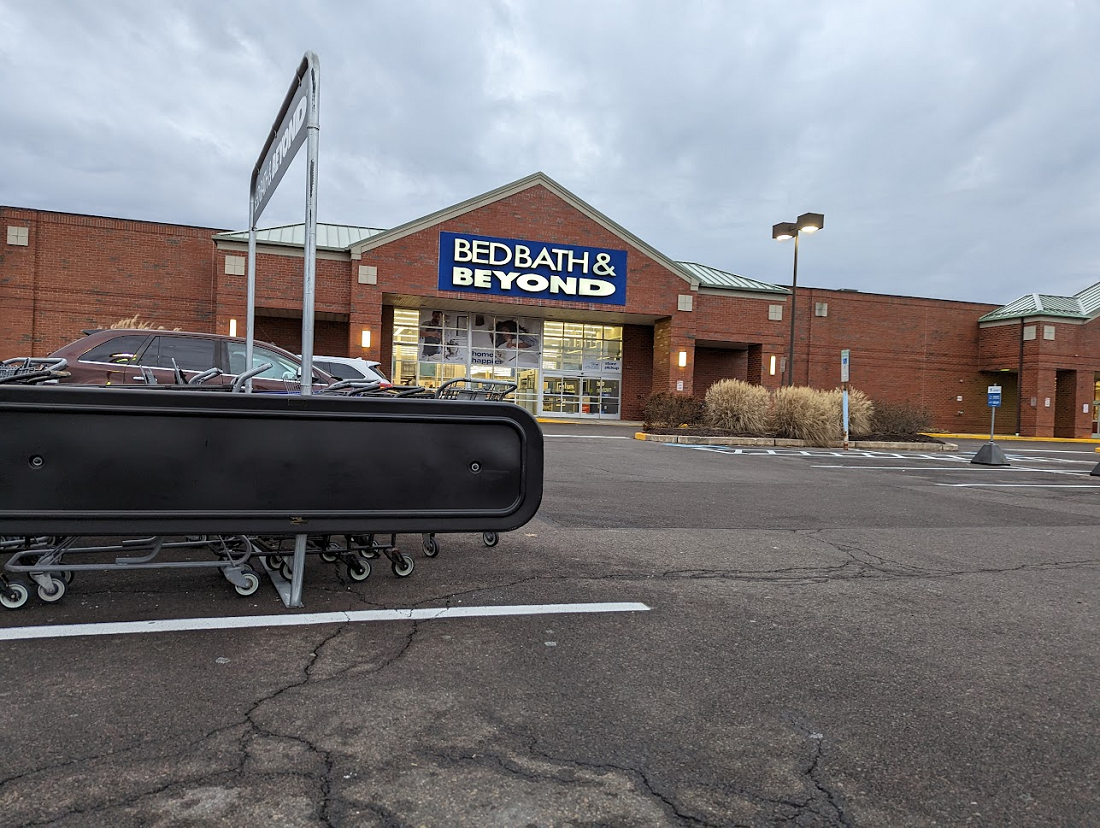Who was the Hamas commander Rafa Salama who was “killed in an Israeli attack”?

The Israeli military had reportedly hoped to kill top Hamas commander Mohammed Deif in Saturday’s attack, which killed about 90 Palestinians.
The Israeli army had previously declared that the al-Mawassi area was “safe” (Photo by Hani Alshaer/Anadolu via Getty Images)
The Israeli military claimed to have killed a senior Hamas commander in its massive airstrike on a camp for displaced people in the southern Gaza Strip on Saturday, killing dozens of Palestinian civilians.
The massacre in the Al-Mawasi humanitarian coastal zone, in which 90 Palestinians were killed and hundreds injured, capped a deadly week for Palestinians and sparked worldwide condemnation.
Israel said its aim was to kill Mohammed Deif, the highest-ranking commander of Hamas’s Qassam Brigades, who is also believed to be the mastermind of the October 7 attacks on southern Israel.
Nevertheless, the Israeli military and domestic intelligence agency Shin Bet claimed on Sunday that one of Deif’s allies, Rafa Salama, was killed in the attack, which was allegedly based on “precise intelligence information”.
After Saturday’s attacks, Israeli Prime Minister Benjamin Netanyahu said there was still “no final certainty that the two (Deif and Salama) were thwarted, but I want to assure you that one way or another we will reach the top of Hamas.”
On Sunday, Hamas said Deif was “fine,” and a movement official said he was “fine and directly overseeing operations.”
The group also rejected Israel’s justifications for the attack, stating that “(Israel’s) claims of targeting senior politicians are false… and are intended only to cover up the extent of the gruesome massacre.”
The Palestinian group has neither confirmed nor denied the claims about Salama’s death.
Attack on the Salamas’ house in Al Mawasi
The Israeli attack on Saturday reportedly hit the Salama family home in Al-Mawasi and had been monitored by Israeli intelligence for weeks, according to a report by The New York Times.
Citing unnamed Israeli officials, the report said Deif had also been at the family compound in recent weeks – at times when the leader was not hiding underground. Moreover, Israeli intelligence found that Deif had been at the compound as recently as Friday, prompting the Israeli government to authorize the attack for the following day.
Footage and witness accounts from Gaza after the attack showed burned-out tents and belongings. Dozens of injured children, elderly people and women were taken to the nearby Nasser Hospital, which was struggling to cope with the victims.
Salama worked as a military commander for the Qassam Brigades in the southern city of Khan Younis, and his uncle Jawad Abu Shamala was a member of Hamas’ political bureau and was reportedly close to the group’s leader in the Gaza Strip, Yayha Sinwar.
Accordingly The new Arab‘s Arabic-language sister site Al-Arabi Al-JadeedOther members of Salama’s family have been killed by Israel in the past, including his mother and uncle, both of whom died at the beginning of the current war.
Israel accuses Salama of being responsible for previous attacks on Israeli soldiers, including Operation Omar Tabash in 2005, Operation Ahmed Abu Tahoun in 2007 and the capture of Israeli soldier Gilad Shalit in 2006. Al-Arabi Al-Jadeed reported.
Salama is said to have come close to death in the past, including in 2021 when Israeli forces destroyed his house in the Gaza Strip.
Israeli targets
Salama reportedly worked at a school in Khan Younis before joining Qassam.
Despite nearly ten months of fighting in the Gaza Strip, Israel has failed to kill any of the top Hamas leaders who have been on the country’s hit list for years.
US authorities said one of Israel’s most wanted men, senior Hamas commander Marwan Issa, was killed in an airstrike in central Gaza in March, the most significant military death since the war began in October.
Israel’s invasion has killed over 38,000 Palestinians and injured tens of thousands more. Almost the entire enclave’s 2.3 million inhabitants have been displaced and live in camps.



